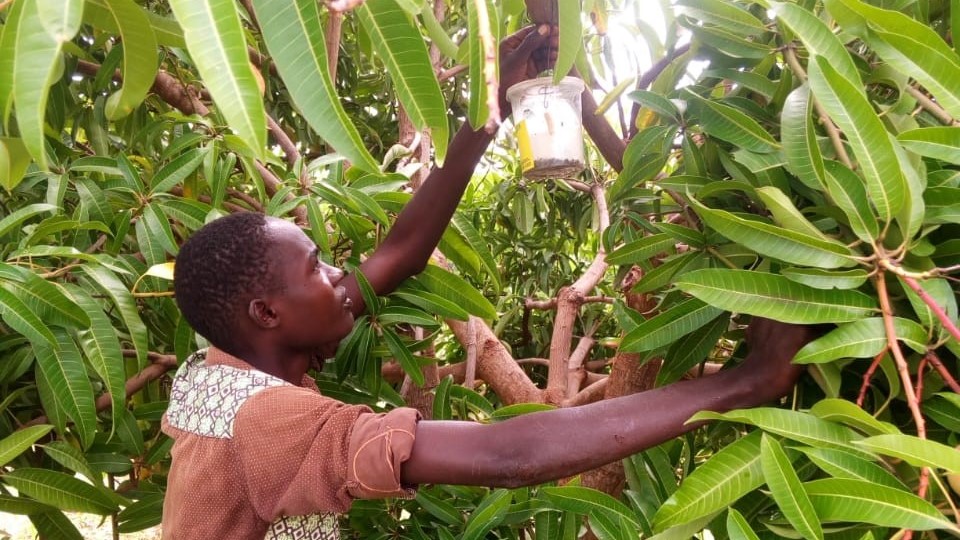
A team from CABI, AMPATH and Corteva recently visited an area in the Rift Valley and discovered alarming evidence that farmers are unaware of the harmful effects of agricultural pesticides. Through indiscriminate use, poor handling, storage and application of pesticides, farmers in the area are harming consumers and themselves.
The community living in the area faces unique challenges; rampant cases of insecurity, cattle rustling, extremely high temperatures, poor roads, tough terrain dotted by rocky hills and steep valleys, unreliable means of transportation, and landslides during wet weather, which can bury houses with their occupants, make roads impassable, and some arable farmlands useless.
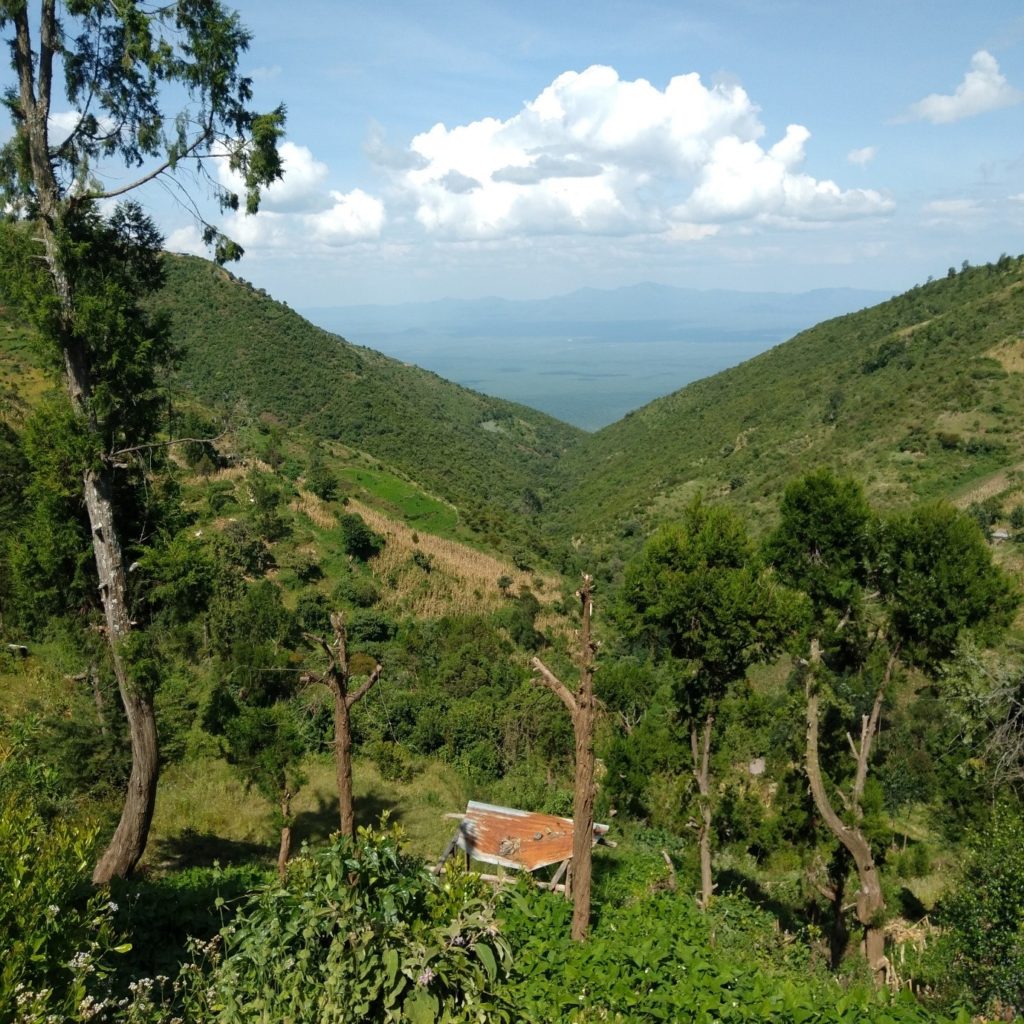
However, the area is quite productive; farmers are hardworking, and brave high temperatures from early morning, to work on their farms found down the valley. Farmers here cultivate mangoes, tomatoes, watermelons, maize, beans, green grams, and sorghum. Mango, tomatoes, and watermelons are cash crops in the area. Indeed, mango production is big business when in season. Trucks thunder up and down the only all-weather road in the ward dropping crates for transporting mangoes, and loading more mangoes, destined to various markets in Kenya.
Although land is owned by clans, and most of it is hilly and rocky, households do have access to the clan land down the valley, where each household is allocated some land for the cultivation of crops and raising livestock. In the mango orchards, each household owns a few mango trees. These are further allocated to individual members of a household; uniquely, women and girls in this community can access land, just as the men.
Cultivation of mangoes, watermelons and tomato require substantial use of agrochemicals to reap a good harvest and income at the end of the production season. The region’s high temperatures offer perfect conditions for pests to thrive and consequently, there are worrying practices in using pesticides.
In one farm visit, a young man was eating a tomato, yet traces of the chemical were visible on the fruit because the owner of the tomato plot had sprayed the tomatoes two days earlier. Applying pesticides, especially on tomatoes is mostly haphazard, irrespective of whether symptoms of a pest infestation are present or not. In one focus group discussion, farmers admitted that if they spray tomatoes in the morning and a buyer appears in the evening, they will still harvest the tomatoes.
The farmers mix several pesticides in a single spray so that whichever works, works. In the local markets, some traders sell pesticides by decanting the quantity a farmer wants to buy, and stock pesticides alongside food stuffs in their shops; both these practices are banned under the pesticide control products act.
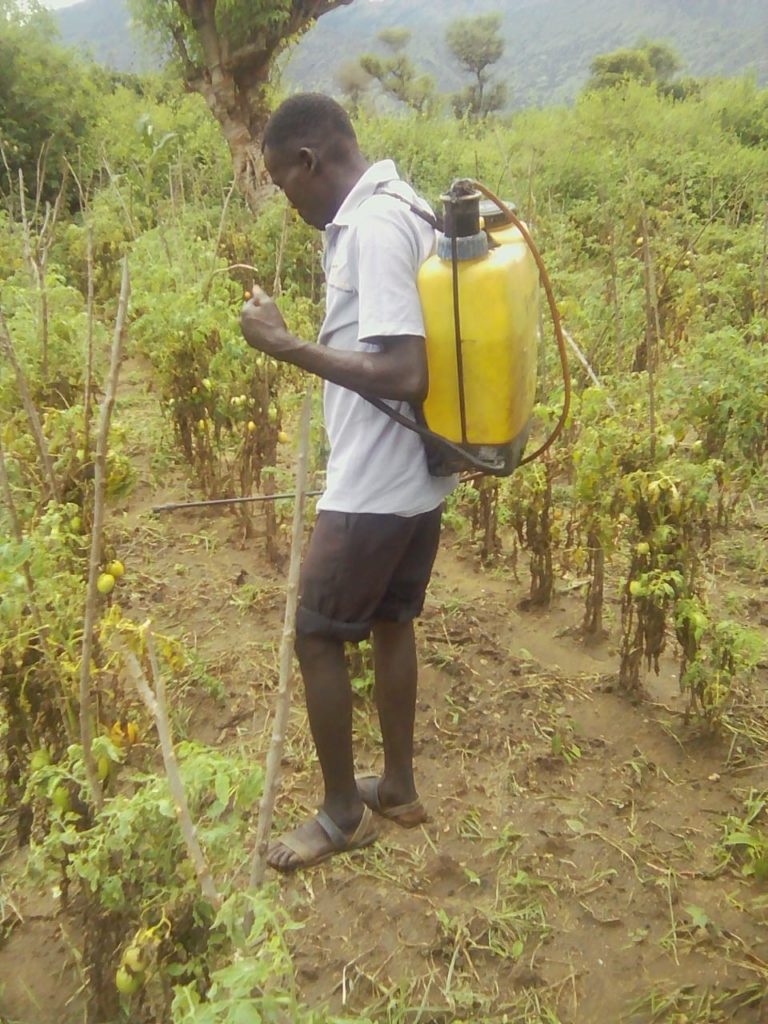
To these farmers, pre-harvest interval, re-entry interval and appropriate time of the day to spray, seem to be foreign concepts. In a focus group discussion with the local youth, they revealed they are responsible for spraying their own fields as well as providing spray services to other farmers. These young men hardly observe safe pesticides handling measures. For some, it is business as usual to stir the chemicals with bare hands. Wearing protective equipment is not part of their attire when handling chemicals; they wear their normal clothes, a t-shirt, long trousers, and akala (sandals made from worn-out car tyres); nothing to protect the eyes, mouth, hands nor the legs, when spraying pesticides. And once done with spraying, believe that a glass of milk will cure any side effects.
In a village baraza, the majority of the participants were actually not aware that some of the practices are harmful to their health, those of food consumers, and the environment. And, in any case, the nearest place to obtain personal protective equipment (PPEs) is more than 100 kilometres away. Since the roads are in a bad state, meandering up rocky hills and down steep slopes, across streams of water, with no bridges, public transport vehicles can only make a single round trip in a day to the nearest major town. A journey that should take one and half hours on a well-paved road, takes over three hours.
“As an entomologist and someone who has done research in crop protection for over two decades, I am very concerned for the safety of these farmers applying crop protection products without the use of appropriate PPE,” said Fikru Haile, Corteva Food Security Fellow in Western Kenya.
“As we toured the villages with the AMPATH and CABI teams, we saw live that most farmers handle, mix, and apply pesticides without PPE. We even heard that some farmers stir chemicals with their bare hands. This is simply not acceptable as these practices pose serious health threats,” he continued.
It is clear that the farmers here and elsewhere in the country need urgent awareness, knowledge and skills to safely use pesticides. They need information that pesticides are harmful to human health if used incorrectly. They need to know that they are selling poisoned produce to consumers when they fail to observe pre-harvest interval. The youth need education that it is critical that they use PPEs when mixing and applying pesticides. They need to understand that a glass of milk after spraying might help alleviate the immediate side effects of exposure to chemical sprays, but it would not prevent the longer-term hazardous effects of the pesticides. They should know that spraying is not an all-day activity, but that there are specific times during the day when they can spray. They absolutely must know that it is dangerous to stir chemicals with their bare hands.
Lastly, it is crucial they know that there are safe alternatives to chemicals and that their use should be a part of an integrated pest management approach. They need to be aware that they bear some responsibility to protect consumers from harmful produce.
In light of this, CABI are taking the lead and working in close collaboration with AMPATH and Corteva to create awareness and train farmers, particularly young farmers, on pest management and safe use of crop protection products.
Useful links:
- Plantwise Pesticide Red List
- CABI Bookshop: Pesticide Encyclopedia
- CABI shares expertise in new app to help reduce reliance on toxic pesticides
All photos provided by the authors for CABI
2 Comments
Leave a Reply
Related News & Blogs
How do pest risk registers address the spread of plant pests in Africa?
Pest risk registers can help to solve problems in agriculture, addressing the growing global threat of plant pests. Moreover, changing weather patterns, led by rising temperatures, are causing them to reproduce faster and expand into new regions. In ad…
10 July 2025

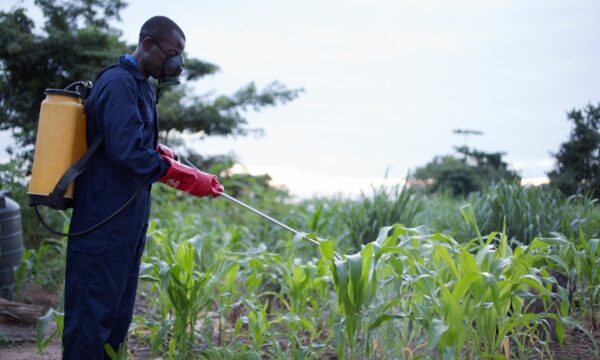
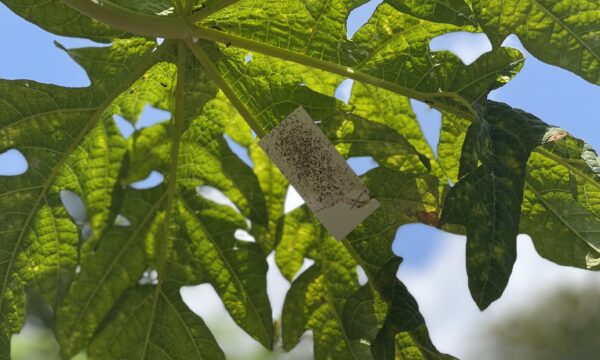

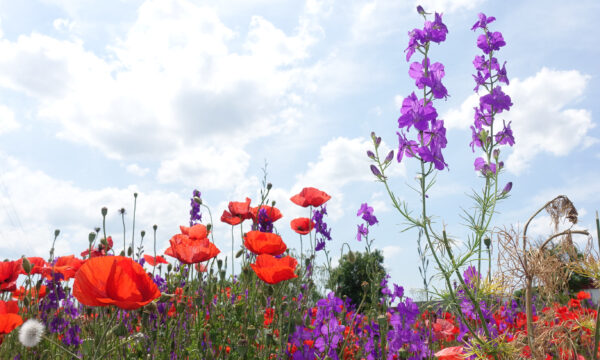
I wonder if washing farm produce with warm salt water before consumption helps to rid of pesticides on fruit; because this is alarming. The truth is unless there are standards that these farmers must follow to sell their produce and a means of ensuring best practice they may continue to do things the wrong way
Yes, this problem of irresponsible use of Pesticides, persists in most countries. Companies who manufacture, sell pesticides to supply PPE kits and educate farmers on Safe and Responsible use of Pesticides.